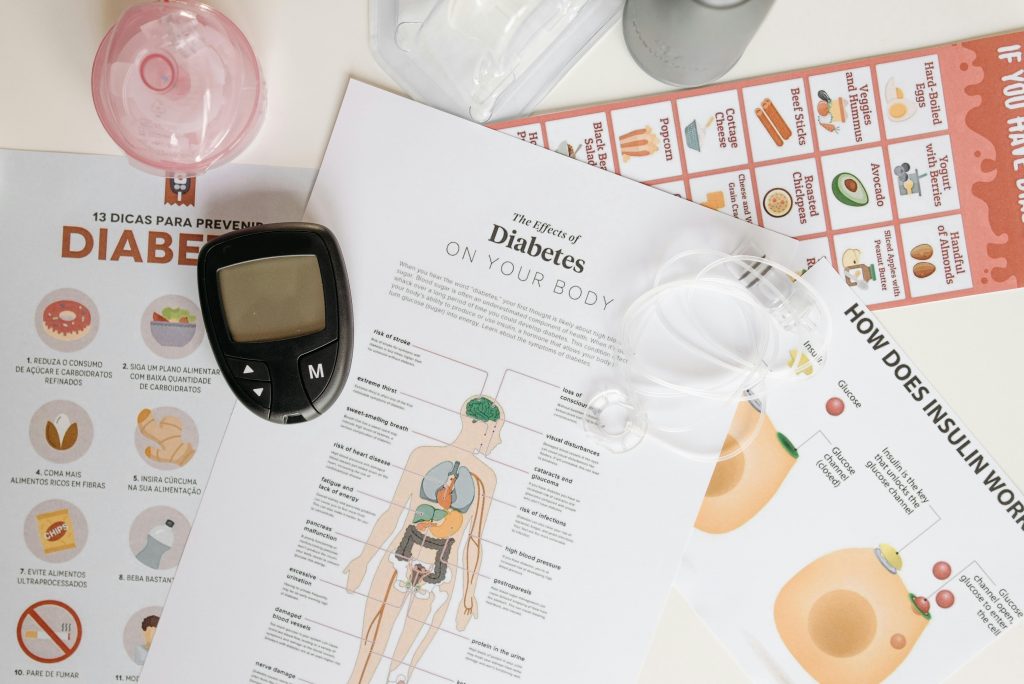Can stem cells act as an insulin-producing source for individuals with type 1 diabetes?
According to new clinical trial data from the University of British Columbia (UBC) and Vancouver Coastal Health (VCH), a revolutionary stem cell-based treatment for Type 1 diabetes can meaningfully manage blood glucose levels and minimize dependence on daily insulin injections.
The results, which have been published in Nature Biotechnology, are from a multicenter clinical trial for an experimental cell therapy being studied clinically in Canada. The therapy was created by the American biotechnology company ViaCyte, which was later bought by Vertex Pharmaceuticals.
The treatment seeks to replace the beta cells that are deficient in insulin production in patients with Type 1 diabetes. The medical implant, known as VC-02, is made up of millions of lab-grown beta and pancreatic islet cells that come from a line of pluripotent stem cells; thus acting like a miniature insulin-producing factory.
The devices are implanted just beneath a patient’s skin, where it is hoped they would give a consistent, long-term regulated supply of self-sustaining insulin. They are about the size of a Band-Aid and no thicker than a credit card.
In addition to other locations in Belgium and the United States, Vancouver General Hospital served as the trial’s site. At the beginning of the trial, none of the ten subjects produced any insulin at all. They had surgery to have up to ten devices implanted.
Three individuals continued to have strong insulin production signs six months later and for the duration of the year-long trial. These individuals consumed less insulin that was supplied topically and spent more time in the ideal blood glucose range.
One patient in particular demonstrated excellent improvement, reducing their daily insulin dosage by 44% and spending more time in the target blood glucose range (from 55% to 85%).
The UBC-VCH team’s clinical trials, which are supported by Canada’s Stem Cell Network, have produced these recent results.
For the 300,000 Canadians who have Type 1 diabetes, the studies intend to expedite the creation and testing of innovative stem-cell-based treatments in clinical settings. Diabetes is thought to cost the Canadian healthcare system $29 billion a year.
Prior to this, researchers were the first to demonstrate that this technique could cause the human body to manufacture insulin in a 2021 article published in Cell Stem Cell. By using two to three times more devices per participant and an upgraded device design with small openings to allow for blood vessel ingrowth—a feature intended to improve survival—the most recent research expected to considerably boost the amount of insulin produced.
The UBC-VCH team is also exploring the possibility of doing away with the requirement for patients to take immunosuppressive medications in addition to treatment with a variant of the device that has cells that have been genetically modified to evade the immune system through CRISPR gene-editing technology.
Despite there being no definitive cure for Type 1 diabetes, hope is rising for a future in which these people can spend their lives without daily insulin injections or immunosuppressants. Approaches to such a future are now tangible, and Canada is leading the way in efforts to bring these revolutionary treatments to patients.
For more information, visit https://www.nature.com/articles/s41587-023-02055-5.
Mena El Gaddafi — Cases101 Team Member

